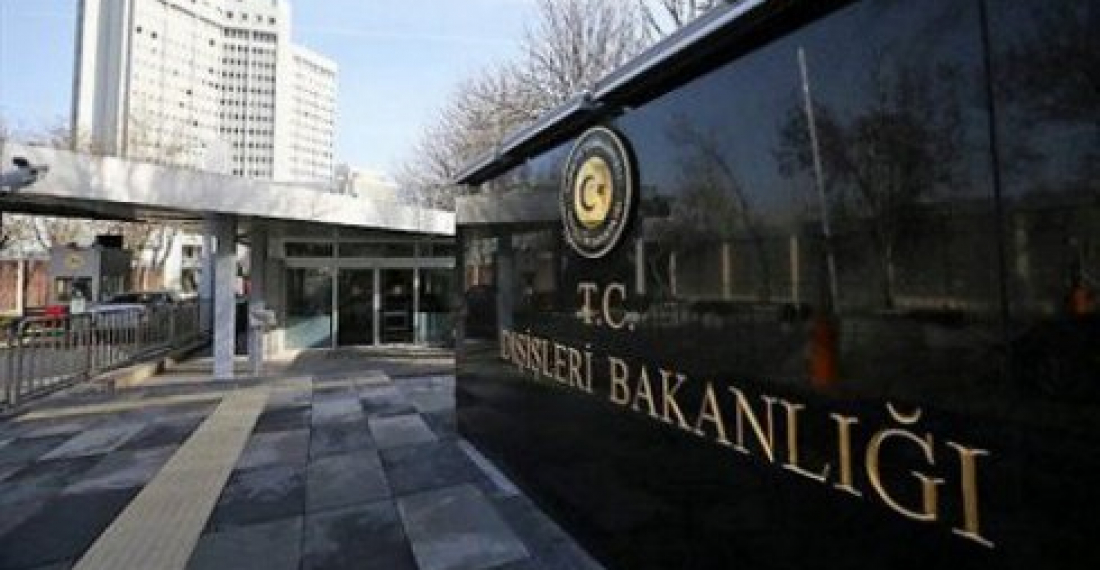The Turkish Government has summoned the Russian and Iranian Ambassadors to the Foreign Ministry in Ankara to raise with them issues related to the situation in Syria.
Turkey's Foreign Ministry says that Syrian government forces had "violated the ceasefire in the Idlib de-escalation zone," a source in the ministry told reporters on Tuesday.
"On January 9, the Russian ambassador was summoned to our Foreign Ministry, we voiced our reaction and concerns in this regard, also asking him to convey the information to the regime in order to make it stop such actions," the source said.
According to him, Iran's ambassador was also summoned to the Turkish Foreign Ministry as Iran is another guarantor of the Syrian ceasefire.The Turkish Foreign Ministry told the Russian and Iranian envoys that the operations violate a three-way agreement that aims to de-escalate tension in Idlib, diplomatic sources told Hürriyet Daily News.
Ankara also said it wanted an end to the Syrian army's operations otherwise it could negatively affect an upcoming meeting in Russia's Sochi later this month to boost efforts for a political situation in the war-torn country.
The operations, the sources said, were targeting moderate rebel groups in the region.
The Russian embassy in Ankara has not issued any comments yet.
Earlier on Tuesday, Turkish Foreign Minister Mevlut Cavusoglu alleged that Syria's government forces had been delivering strikes on the units of the so-called opposition in the Idlib province "under the guise of fighting terrorists."
There has in recent months been close co-operation between Turkey, Russia, and Iran on Syria and other issues, but this incident shows that the co-operation is subject to volatility due to conflicting interests and events on the ground.
You can read more on our Monday Commentary "Russia, Turkey and Iran stick together, for now"
source: commonspace.eu with TASS news agency, Hurriyet Daily news and other sources
photo: The Turkish Foreign Ministry in Ankara. (archive picture)






